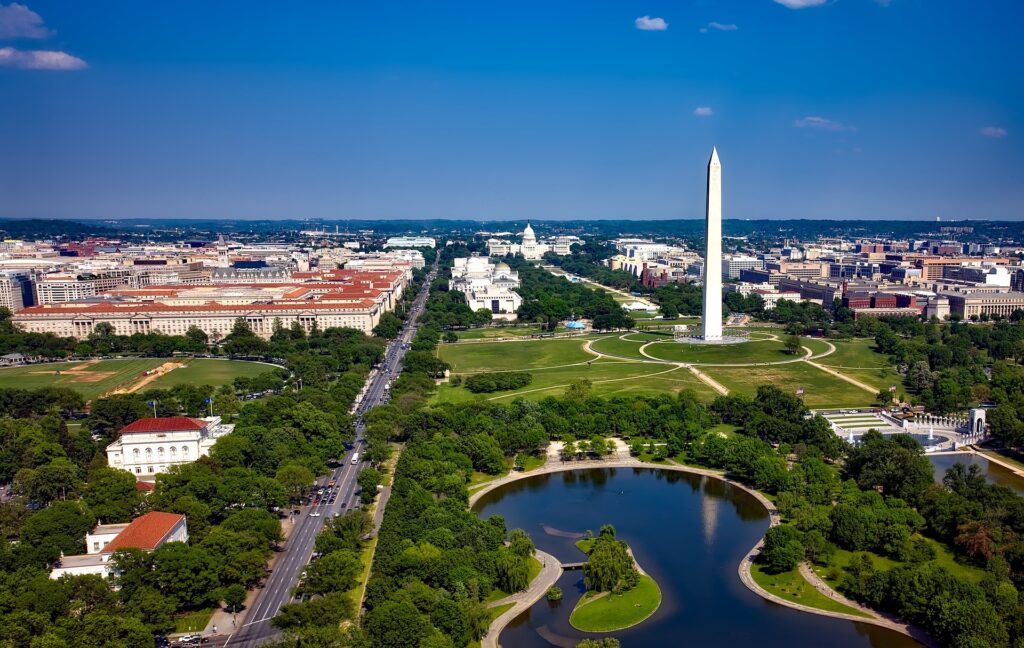23 Haziran 2008, Pazartesi
THE AMERICAN
By Michael Rubin Friday, June 20, 2008
Sometime this summer, Turkey ’s Constitutional Court will decide whether Prime Minister Recep Tayyip Erdoğan’s Justice and Development Party (AKP) violated the “principles of a democratic and secular republic” that undergird the Turkish constitution and should be barred from politics. Across the Turkish political spectrum, most officials expect the Court to rule against the AKP, thus dissolving the party and banning Erdoğan and his closest aides for at least five years.
Although the prime minister, Foreign Minister Ali Babacan, and influential AKP advisers have tried to depict this as the unjust outgrowth of a dispute over headscarves in public universities—and perhaps even a “judicial coup”—the case is legitimate.
Erdoğan’s supporters often point to his embrace of the European Union accession process as proof of his liberalism. But Erdoğan has used the EU accession process to unravel Turkey ’s system of checks and balances. He cares little for EU institutions. When the European Court of Human Rights upheld a ban on headscarves in public schools—the same ban that the Turkey’s own Constitutional Court later upheld—Erdoğanchastised the European justices for applying civil law to a religious matter, declaring, “It is wrong that those who have no connection to this field [of religion] make such a decision…without consulting religious scholars.”
Europe ’s encouragement of Turkish reforms has been important. In a mature democracy, the military should remain aloof from politics. Brussels should be applauded for pressuring Turkey to reform its National Security Council to give the powerful body a civilian majority with a civilian head. By failing to encourage the creation of an alternate check-and-balance mechanism to replace the military’s traditional role as guardian of the constitution, however, the EU committed diplomatic malpractice. Erdoğan seized the opportunity to run roughshod over Turkish secularism and democracy.
Indeed, despite its self-description as secular, liberal, and democratic, the AKP is quite the opposite. Babacan ordered Turkish officials to remove references to secularism from Turkey ’s position paper ahead of EU negotiations over education policy. Domestically, the AKP has placed religion above the law. Turkey has long regulated supplemental Koran schools, ensuring instructor qualifications and imposing minimum age requirements to prevent indoctrination. When Saudi mullahs fanned out across Europe, the Middle East, and Central Asia to promote a radical version of Islam, they largely bypassed Turkey . No longer. Not only did the AKP loosen limits upon the religious schools, but it also eviscerated the penalties for violations, leading some illegal madrassas to begin advertising openly.
As he consolidates power, Erdoğan has become the Turkish Vladimir Putin. Upon taking office, Erdoğan sought to lower the mandatory retirement age for public servants from 65 to 61, which effectively allowed his party to appoint almost half of the nation’s prosecutors and judges. With patronage appointments, the prime minister transformed technocratic bodies such as the Savings Deposit Insurance Fund (TMSF), an entity empowered to seize private businesses and media outlets, into virtual party wings. The TMSF today is staffed almost entirely by appointees transferred from Saudi-based financial institutions.
Placement in key ministries and government departments used to depend on success in civil service exams. Erdoğan imposed a subjective interview process that enabled him to choose political loyalists. The practice spread to state-owned industries; Turkish Airlines, for example, began quizzing employees on the Koran. Women have suffered the most. As analyst Soner Çağaptay observes in Newsweek, “under the AKP, women are largely excluded from decision-making positions in government and the workforce, relegated to the confines of their homes.”
The AKP has even resorted to wiretapping the conversations of its political rivals. Late last month, Vakit, an Islamist paper close to the AKP, published a wiretap conversation between the opposition’s deputy leader and a governor. This episode, which the media have called “ Turkey ’s Watergate,” has sent chills through the secular elite.
The AKP has also sought to diminish the power of Turkey ’s independent judiciary. In May 2005, AKP co-founder and parliamentary speaker Bülent Arınç said that if the Constitutional Court continued to declare AKP legislation unconstitutional, the AKP might simply dissolve it. When the Danıştay, the country’s supreme administrative court, ruled against the previous government’s seizure of a bank and Erdoğan’s transfer of its European subsidiary to a political ally, the prime minister ignored the ruling.
Contrary to AKP claims, this summer’s Court decision will not mark the end of Turkish democracy, but rather its rebirth. Erdoğan, too, will begin a new chapter. Even if he is banned from politics, a quirk in Turkish election law would allow him to seek office as an independent. In other words, Erdoğan could conceivably wind up presiding over other AKP alumni as an independent prime minister.
Here, the issue is less ambition than immunity. When Erdoğan leaves parliament, he will face a multitude of corruption charges. While compiling his immense wealth, he has refused to give a full financial disclosure. As the clock runs out on his premiership, Erdoğan has dispensed with even the appearance of legality. He has used the AKP’s parliamentary majority to suppress investigation of a recent TMSF deal in which an opposition newspaper and television station were sold to an Erdoğan ally after the prime minister interceded illegally. On June 18, Habertürk’s Fatih Altaylı reported that the Austrian energy firm OMV has submitted an affidavit swearing that Erdoğan told OMV the way to unfreeze a $3 billion energy project would be to dump its longtime Turkish partner and work instead with his son-in-law. Perhaps it should not be a surprise, then, that Erdoğan has used what could be his last weeks as prime minister to appoint political loyalists to the Sayıştay, Turkey ’s supreme court of accounts and audits, which will soon investigate his conduct.
Michael Rubin is a resident scholar at the American Enterprise Institute.
